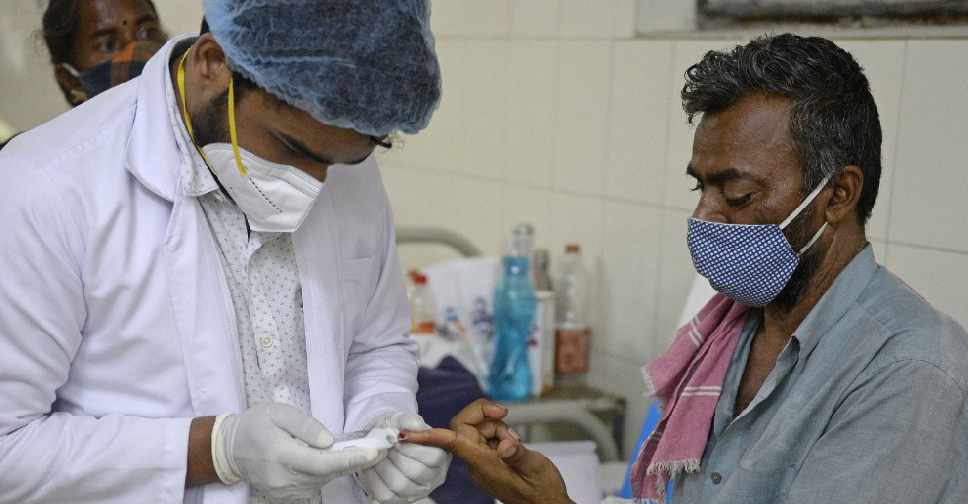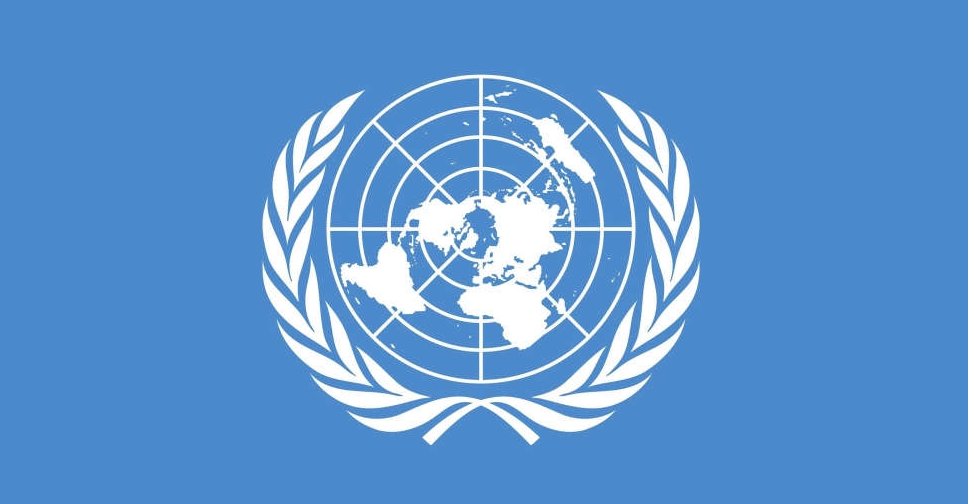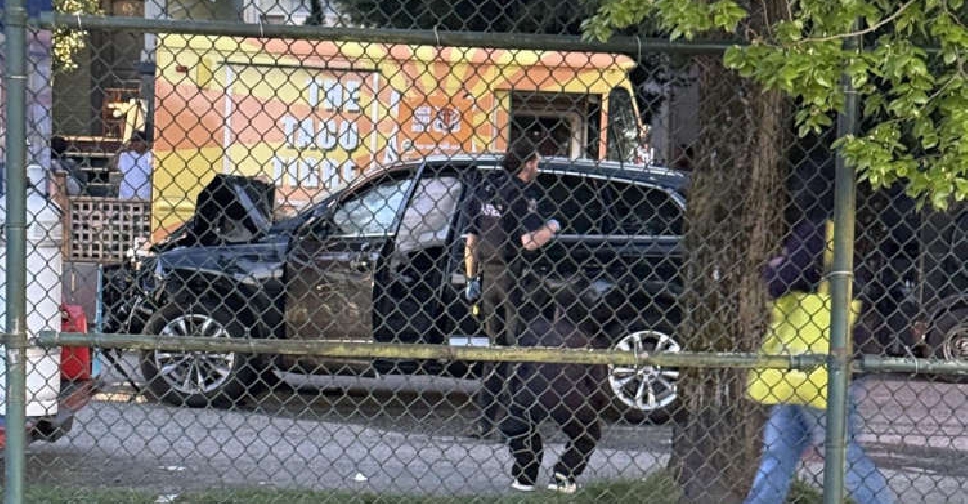
India said on Friday that it was working to alleviate a shortage of a medicine used to treat a rare fungal disease hitting COVID-19 patients as its healthcare system reels under a massive wave of coronavirus infections.
Cases of mucormycosis, or "black fungus," a potentially serious complication which causes blurred or double vision, chest pain and breathing difficulties, have surged in India, mostly among COVID-19 patients.
At least 7,250 such cases have been found across the country as of May 19, local media reported.
"In this battle of ours, another new challenge of black fungus has also emerged these days," Prime Minister Narendra Modi tweeted on Friday.
India has the second-highest tally of COVID-19 cases in the world and has been reporting around 250,000 infections and 4,000 deaths daily.
With mucormycosis cases rising, India's health ministry said it was looking to rope in more companies to produce the antifungal drug amphotericin B used to treat it and also increase imports.
That would lead to a nearly 250 per cent increase in supply to around 570,000 vials in June, the ministry said on Friday.
Some Indian states like Maharashtra, home to the financial capital Mumbai, said they were running low on amphotericin B as black fungus cases spiked and had asked federal authorities to provide more doses.
"One patient needs 60 to 100 injections (of amphotericin B) depending on severity of illness. With current case load, we need more than 150,000 injections," Maharashtra health minister Rajesh Tope told reporters.
The western state has reported 1,500 cases of mucormycosis so far, and 850 patients are undergoing treatment.
RURAL TESTING
Overall, India's COVID-19 infection tally stands at 26.03 million, with a death toll of 291,331, health ministry data showed on Friday.
The country conducted roughly two million tests on Thursday, but experts have said infections and deaths could be between five to 10 times higher than official estimates as the virus spreads to the vast hinterland.
India aims to double its testing capacity to 4.5 million per day by the end of June, of which 60 per cent would be through rapid antigen tests, according to the government.
As part of the effort, the state-run Indian Council of Medical Research (ICMR) this week approved home testing for COVID-19, using rapid antigen tests.
These tests, less accurate than the RT-PCR method, are advised only for symptomatic cases and immediate contacts of laboratory-confirmed positive cases, according to the state-run ICMR.
"In rural areas or in field level areas, rapid antigen test is the backbone of testing and that should be encouraged," Balram Bhargava, head of ICMR, told reporters.





 UN warns funding cuts threaten vital aid
UN warns funding cuts threaten vital aid
 Multiple dead in Vancouver after vehicle plows into street festival
Multiple dead in Vancouver after vehicle plows into street festival
 Rome and the world bid farewell to Pope Francis
Rome and the world bid farewell to Pope Francis
 Trump, Zelenskyy meet in Vatican basilica to seek Ukraine peace
Trump, Zelenskyy meet in Vatican basilica to seek Ukraine peace

